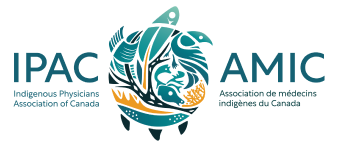Advocacy Events
CEPA and Bill S-5
On June 13, 2023, Bill S-5, Strengthening Environmental Protection for a Healthier Canada Act became law. This bill is an amendment to the Canadian Environmental Protection Act (CEPA) to, among other things, recognize that every individual in Canada has the right to a healthy environment.
The federal government has two years to create an implementation framework in consultation with Indigenous Peoples. IPAC is coordinating three projects with the goal of collecting as many voices as possible. These projects are funded by a grant from Environment and Climate Change Canada.
Bill S-5 IPAC Member Survey
You will receive an invitation to complete the IPAC Bill S-5 Member Survey March 4. This survey is being created by one of our Indigenous student members, with the goal of ensuring that all IPAC members have the opportunity to give their input. The survey will be open until April 12, 2024.
Bill S-5 Elder Gathering
April 12 we will be gathering with seven Elders from coast to coast to coast in Vancouver B.C. We will listen and learn from our Elders, ensuring their voices are included in our report on Bill S-5, the amendment to the Canadian Environmental Protection Act (CEPA) We look forward to sharing what we learn.
Bill S-5 IPAC Member Roundtables
IPAC is hosting two virtual roundtables – all IPAC members are welcome and encouraged to attend. We envision a healthy dialogue where members can share their thoughts, ideas and questions. A $50 Uber Eats gift card will be provided to all attendees after the event. Please only register for one of the roundtables.
Register for Wednesday April 24 7:00pm-8:30pm PT
Register for Thursday April 25 7:00-8:30pm ET
Learn more about CEPA and Bill S-5
https://www.canada.ca/en/environment-climate-change/services/canadian-environmental-protection-act-registry/right-to-healthy-environment.html

